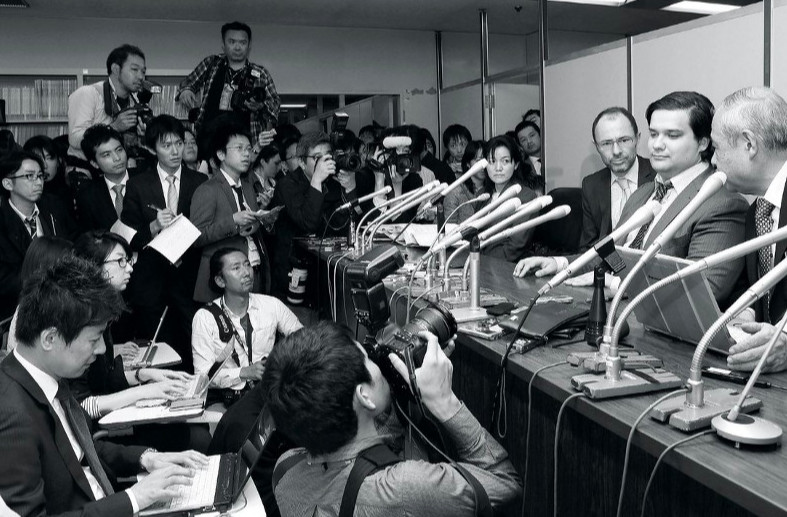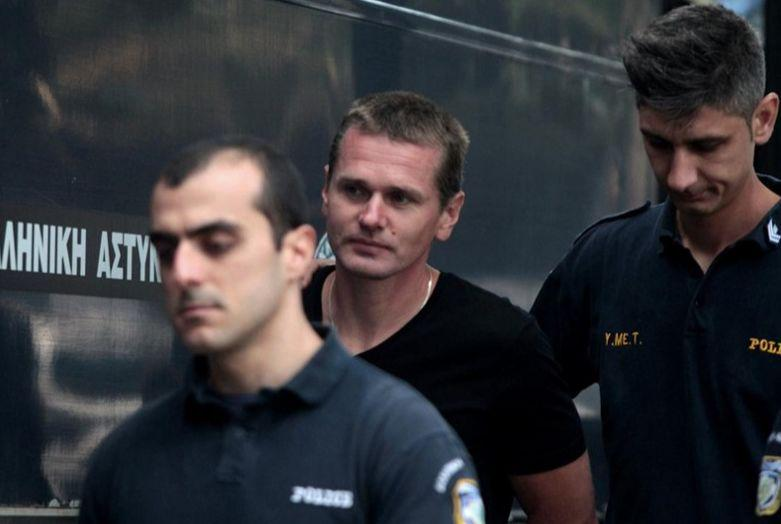introduction
In 2014, the world's largest Bitcoin exchange, Mt.Gox, suddenly closed down, causing a huge shock to the global Bitcoin market. This incident not only aroused the anger of thousands of investors, but also triggered a deep reflection on the security and trust system of centralized exchanges. Now, ten years have passed since the Mt.Gox incident. This incident is not only the most significant collapse in the history of cryptocurrency, but also a major event in the development of global online finance. This article will analyze these historical explanations in more detail.
1. The origin and glory of Mentougou
Background
Mt.Gox was founded in 2006 as a card game trading network by Jed McCaleb. The name comes from the card game "Magic: The Gathering", and Mt.Gox stands for "Magic: The Gathering Online eXchange".
In 2010, Mentougou underwent a major transformation and became one of the world's first platforms dedicated to Bitcoin transactions. In the early days of cryptocurrency, the booming Bitcoin user base drove Mentougou's rapid growth.
Peak
In 2011, Mentougou was acquired by French engineer Mark Karpeles (aptly known as "French Fertilizer"). Mark added his technical expertise to the exchange, greatly improving the functionality and operational efficiency of the platform. By 2013, Mentougou accounted for 70% of the global Bitcoin trading volume and was the absolute center of Bitcoin trading at the time.
2. Crisis breaks out: from withdrawal difficulties to total collapse
Security breaches and lost funds
Behind the withdrawal problem, the Mentougou Exchange has actually fallen into a financial crisis. In February 2014, the exchange announced that it would suspend all Bitcoin withdrawals due to technical problems, and then there was news that the platform was hacked. In the end, Mentougou publicly admitted that 850,000 Bitcoins it stored were lost, of which 750,000 belonged to customers, with a total value of approximately US$473 million (based on the price at the time, it is currently worth US$80 billion). This figure was equivalent to 6% of the total global Bitcoin supply at the time, triggering panic selling in the market, and the price of Bitcoin once plunged sharply.
From shutdown to bankruptcy protection
On February 28, 2014, Mentougou Exchange officially filed for bankruptcy protection, claiming that its balance sheet could no longer cover customer deposits. A large number of victimized users had their funds frozen, and the road to rights protection began.

3. Ten years of rights protection: from despair to hope
Long wait for users
After bankruptcy, the Japanese court took over the liquidation process of Mentougou, but due to the anonymity of Bitcoin and the complexity of transaction tracking, the investigation of the case progressed slowly. At first, most victims did not have hope of recovering their assets. However, with the development of blockchain technology, the possibility of tracking the stolen Bitcoins in Mentougou has gradually increased.
Breakthrough in recovering some assets
In 2018, some of the stolen bitcoins were recovered, and about 200,000 bitcoins were recovered from the cold wallet of Mentougou. This became an important turning point in the case. The Japanese court subsequently announced the establishment of a compensation plan and required the exchange's bankruptcy trustee Nobuaki Kobayashi to be responsible for the liquidation and distribution of these assets.
Progress on the compensation scheme
In 2021, the compensation plan proposed by the trustee was finally approved by the court. Although many users expected compensation based on the current Bitcoin price, the court decided to pay compensation based on the price at the time of original loss. Nevertheless, victims can still receive partial compensation in the form of fiat currency or Bitcoin. The compensation process is scheduled to be completed between 2023 and 2024, but delays always exist.

4. The far-reaching impact of the Mentougou incident
The crisis of trust in centralized exchanges
The Mentougou incident made investors aware of the potential risks of centralized exchanges, including poor management, security loopholes, and misappropriation of funds. This has prompted more and more people to turn to decentralized exchanges (DEX) and personal cold wallets to protect their digital assets.
Promoting the development of blockchain security technology
With the possibility of tracking the stolen Bitcoins in Mentougou, blockchain analysis tools and techniques have developed rapidly, which not only provides assistance for investigations of other cryptocurrency thefts, but also promotes security upgrades for the entire industry.
Strengthening of supervision
The Mentougou incident has triggered global attention on the regulation of cryptocurrency exchanges. Many countries have begun to introduce relevant laws and regulations, requiring exchanges to strengthen capital reserves, improve transparency, and establish customer protection mechanisms.
5. Implications for the cryptocurrency industry
The importance of personal asset security
The Mentougou incident once again reminds cryptocurrency users that they should not store all their assets on exchanges for a long time. Using hardware wallets and diversifying investments have become key strategies to avoid similar risks.
The industry needs greater transparency and accountability
The incident shows that the lack of transparency and accountability of the exchange is often the core reason for the tragedy. In the future, only trading platforms with high transparency and strong security measures can win the trust of users.
6. Conclusion
The Mentougou incident was not only a major crisis in the cryptocurrency industry, but also a profound lesson in security education. It prompted the industry to move from disorderly development to standardization, laying the foundation for the subsequent development in the next decade. However, the pain and lessons brought to countless investors by this incident should not be diluted by time. In the future cryptocurrency investment, how to balance risks and returns and how to protect the safety of their assets are still issues that every investor needs to think about.
The decade-long wait may be coming to an end, but the complex issues about human nature, technology, and trust revealed by this history will continue to influence the development of the entire industry.











